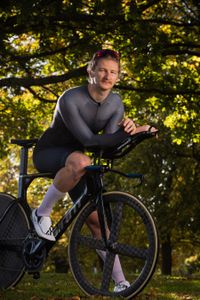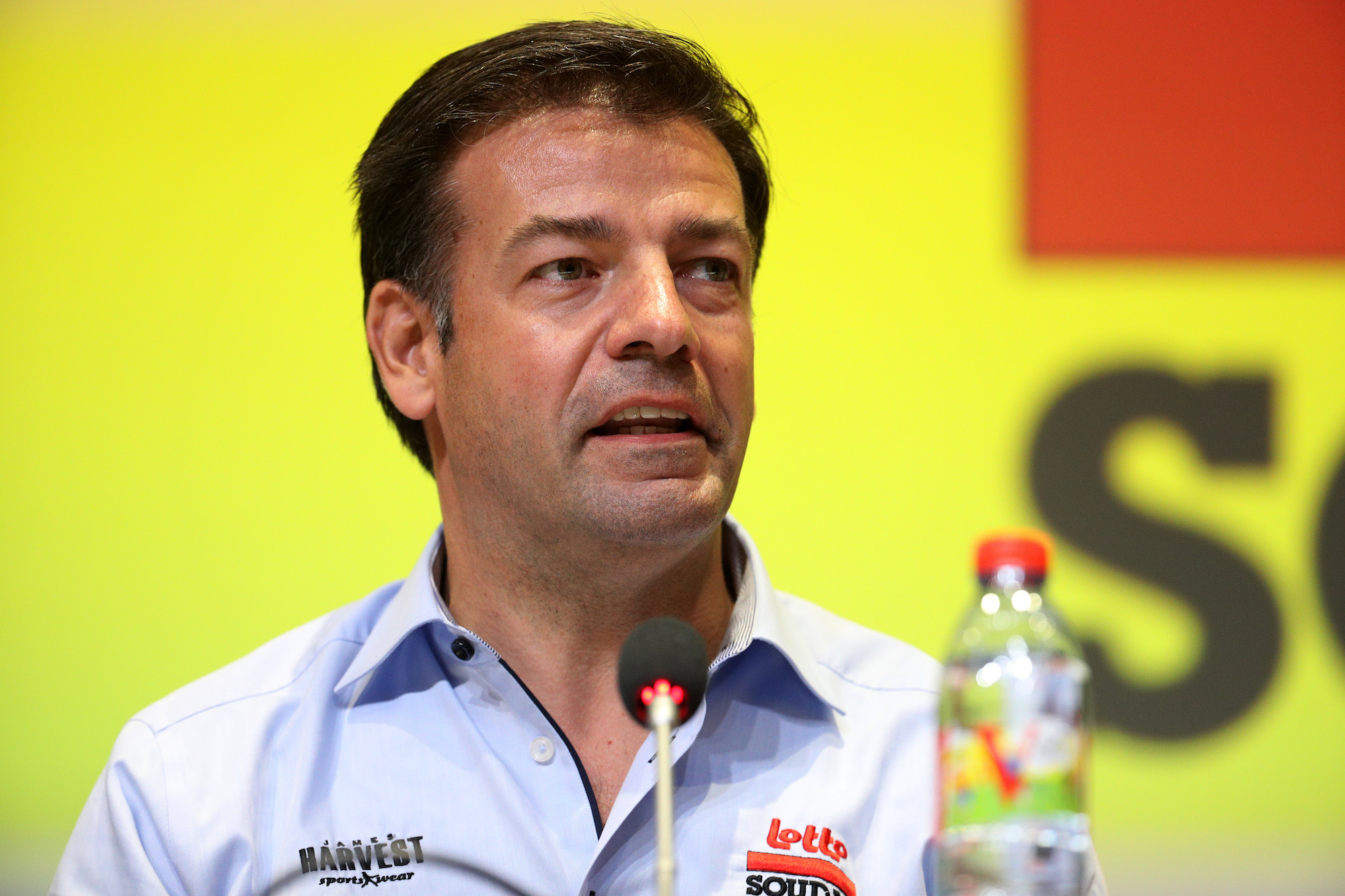Pro cycling business model works perfectly, according to Lotto-Soudal boss
‘Why question a model that works perfectly?’


The latest race content, interviews, features, reviews and expert buying guides, direct to your inbox!
You are now subscribed
Your newsletter sign-up was successful
The global coronavirus pandemic has sparked numerous debates about the future of professional cycling.
With the biggest race on the calendar the Tour de France postponed, women’s teams losing 100 per cent of their funding, and racing suspended for the foreseeable future, cycling’s entire business model has been called into question.
But Lotto-Soudal team manager John Lelangue seems to disagree with the sentiment that cycling’s business model is flawed.
The Belgian sports director turned manager, who has previously worked for BMC Racing and Phonak, has said that professional cycling “works perfectly” and doesn’t need changing.
In an interview with Belgian newspaper Le Soir, Lelangue said: “Cycling has survived for more than 50 years in the way it survives today. There are no fewer riders or fewer sponsors than in the 90s or 2000s. Why question a model that works perfectly?”
Belgian WorldTour team Lotto-Soudal have been forced to make 25 support staff unemployed while their riders, including Philippe Gilbert and Caleb Ewan, have had their salaries reduced as the team deals with the lack of racing due to coronavirus.
Lelangue said that sponsor visibility remains key to cycling’s financial structure and that teams don’t make profit, reinvesting all money back into the sport.
The latest race content, interviews, features, reviews and expert buying guides, direct to your inbox!
He added that in football a team owner also claims ownership of assets like stadiums and players, while cycling teams only own bikes and team cars, also saying that it makes no sense to compare cycling with football or tennis.”
Lelangue’s words are contrary to the thoughts of Team Ineos principal Sir Dave Brailsford, who recently said the coronavirus crisis should spark change in the way professional cycling is organised.
Brailsford said: “One of the challenges cycling has is that revenue is totally dependent on sponsors and different sponsors are in different businesses and some are more effective than others in the current climate.
“Modernising the business model going forward would be wise for everybody.”
He added that finding a new business model for cycling would be a “good lesson” for the future of the sport, featuring a more diversified season with bigger races spread out across the calendar, easing the pressure on one race, the Tour de France.
Brailsford said a new structure would those in cycling to plan for the medium to long term, rather than just the short term.
This week, women’s UCI team Bigla-Katusha has been forced to take drastic measures in an attempt to secure their future, after their sponsors withdrew 100 per cent of the squad’s funding.
>>> Vuelta a España 2020 will be shortened as organisers announce new start location
The team have now approached the UCI to gain access to the bank guarantee emergency fund and have launched a crowdfunding campaign in the hopes of continuing racing in 2020 and beyond.
Alex Ballinger is editor of BikeBiz magazine, the leading publication for the UK cycle industry, and is the former digital news editor for CyclingWeekly.com. After gaining experience in local newsrooms, national newspapers and in digital journalism, Alex found his calling in cycling, first as a reporter, then as news editor responsible for Cycling Weekly's online news output, and now as the editor of BikeBiz. Since pro cycling first captured his heart during the 2010 Tour de France (specifically the Contador-Schleck battle) Alex covered three Tours de France, multiple editions of the Tour of Britain, and the World Championships, while both writing and video presenting for Cycling Weekly. He also specialises in fitness writing, often throwing himself into the deep end to help readers improve their own power numbers. Away from the desk, Alex can be found racing time trials, riding BMX and mountain bikes, or exploring off-road on his gravel bike. He’s also an avid gamer, and can usually be found buried in an eclectic selection of books.
